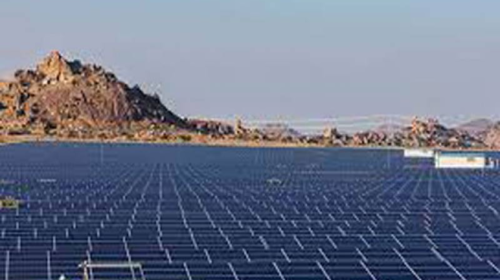Work on thousands of industrial, agricultural and residential solar power projects has been halted across Pakistan following the withdrawal of exemption from 17 percent sales tax and 3 percent additional sales tax on import of solar power equipment announced recently in mini-budget. https://www.facebook.com/v2.9/plugins/quote.php?app_id=106170627023&channel=https%3A%2F%2Fstaticxx.facebook.com%2Fx%2Fconnect%2Fxd_arbiter%2F%3Fversion%3D46%23cb%3Df30576813a26468%26domain%3Dnation.com.pk%26is_canvas%3Dfalse%26origin%3Dhttps%253A%252F%252Fnation.com.pk%252Ff35811bb969a358%26relation%3Dparent.parent&container_width=779&href=https%3A%2F%2Fnation.com.pk%2F29-Jan-2022%2Fwork-on-thousands-of-solar-power-projects-across-pakistan-halted&locale=en_US&sdk=joey
This was stated by Pakistan Solar Association founder and former chairman Muhammad Farhan in a meeting with Pakistan Industrial and Traders Association Front (PIAF) vice chairman Javed Siddiqi held here on Friday. Endorsing the stance of PSA’s stance to condemn the imposition of 17 percent tax on the solar equipment, the PIAF vice chairman said the move will hit the objectives of the Alternate and Renewable Energy Policy.
Javed Siddiqi said that the cost of setting up solar power projects in Pakistan have been increased by almost 20 percent after the government withdrew tax exemptions on import of solar panels and related equipment through the mini-budget, leading to the stoppage of work on thousands of solar power projects in the country. The PIAF vice chairman said that the solar and wind power plants are the only alternative solution against the rising prices of electricity, gas and petrol and the increasing environmental pollution in the country. He said that the fossil fuel-based power plants require costly imported diesel and oil while the installation of solar system is required one-time investment which provides continuous benefits for more than 25 years without additional expenses.





